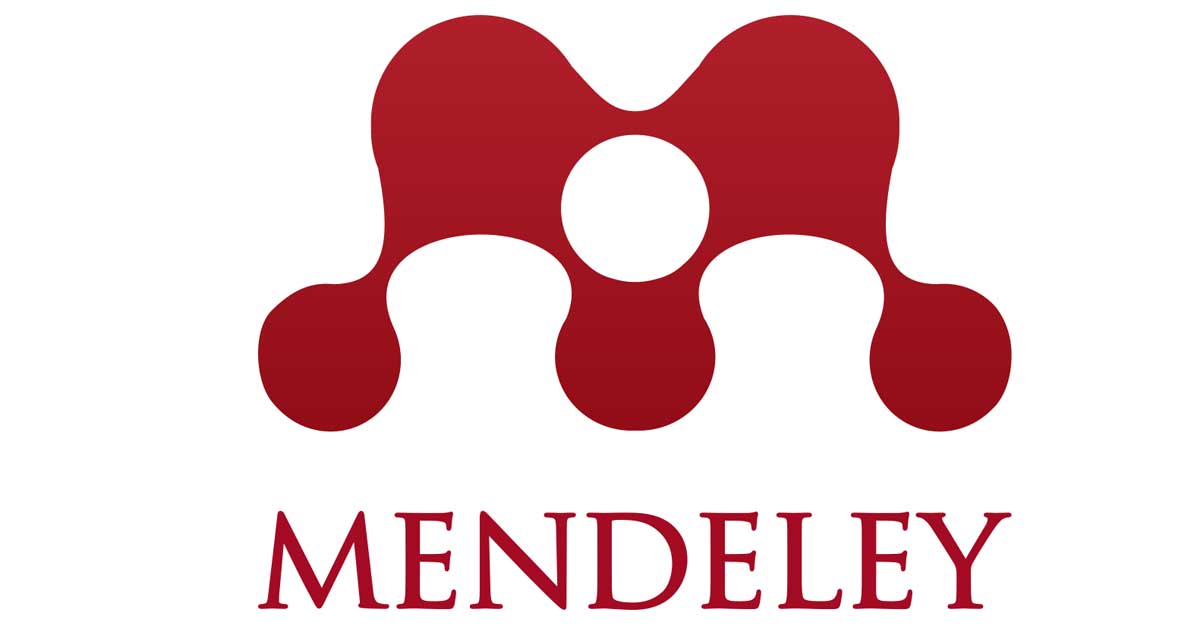The Social Economy Model Based on Pesantren Communities in the Post-Truth Era
DOI:
https://doi.org/10.53491/papua.v2i1.1771Keywords:
Pesantren economy, post-truth, social capital, Islamic entrepreneurship, community-based model, economic justiceAbstract
The rise of the post-truth era—marked by the prioritization of emotions over facts and the widespread manipulation of information—has challenged the sustainability and credibility of conventional socio-economic models. In contrast, pesantren communities in Indonesia have preserved a unique social economy rooted in Islamic values, communal trust, and productive religiosity. This study investigates the structural and functional characteristics of the social economy practiced by pesantren communities and how these values serve as a resilient framework amid post-truth dynamics. Using a qualitative case study method, data were collected through in-depth interviews, focus group discussions, and participatory observations in five pesantren-based business units across East Java. The analysis reveals that pesantren communities build their economic activities on the principles of collective welfare (maslahah), transparency (amanah), and intergenerational trust. These elements shape a distinctive ecosystem that integrates religious authority, social capital, and economic inclusiveness. The findings confirm that the pesantren-based social economy not only offers an alternative to mainstream capitalist models but also provides a robust foundation for resisting the socio-economic disintegration caused by post-truth narratives. This model strengthens local resilience, promotes ethical entrepreneurship, and fosters economic justice in marginalized societies.
Downloads
References
Abdurrahman, M., & Syakur, A. (2023). The Role of Kyai in Ethical Leadership of Pesantren-based BMTs. Jurnal Ekonomi Islam, 14(1), 55–72.
Antonio, M. S. (2011). Bank Syariah: Dari Teori ke Praktik. Jakarta: Gema Insani.
Antonio, M. S. (2011). Bank Syariah: Dari Teori ke Praktik. Jakarta: Gema Insani.
Kemendesa PDTT. (2023). Evaluasi Dampak Dana Desa terhadap Partisipasi Ekonomi Masyarakat. Retrieved from https://www.kemendesa.go.id
Ascarya, & Yumanita, D. (2020). Integration of Zakat and Waqf for Poverty Alleviation in Indonesia: A SWOT Analysis. Journal of Islamic Monetary Economics and Finance, 6(1), 149–172.
Ascarya. (2019). Toward a Maqashid al-Shariah Based Islamic Economic System. International Journal of Islamic Economics and Finance Studies, 5(3), 45–68.
Azra, A. (2012). Pendidikan Islam: Tradisi dan Modernisasi di Tengah Tantangan Milenium III. Jakarta: Kencana.
Bank Indonesia. (2022). Digital Zakat and Waqf Report. Retrieved from https://www.bi.go.id
Baznas. (2022). Zakat National Report 2022. Badan Amil Zakat Nasional. Retrieved from https://baznas.go.id
Baznas. (2023). Zakat National Report 2023. Retrieved from https://baznas.go.id
BPS. (2023). Potensi Ekonomi Wilayah Pesisir Indonesia. Badan Pusat Statistik. Retrieved from https://www.bps.go.id
BWI. (2023). Laporan Kinerja Badan Wakaf Indonesia 2023. Retrieved from https://www.bwi.go.id
Cahyono, E. F., & Hidayat, S. E. (2022). A Case Study of Cash Waqf Linked Sukuk in Indonesia.
Charities Aid Foundation. (2024). World Giving Index 2024.
Hefner, R. W. (2020). Islamic Education and Social Change in Contemporary Indonesia. Journal of Asian Studies, 79(3), 567–589.
Irawan, A. W. (2024a). Strategies for Sharia Tourism Management: Realizing Sustainable Halal Tourism. PAPUA: International Journal of Sharia …. Retrieved from https://e-journal.iainfmpapua.ac.id/index.php/papua/article/view/1147
Irawan, A. W. (2024b). THE ROLE OF SHARIA MANAGEMENT IN THE DEVELOPMENT OF PRODUCTS AND SERVICES IN ISLAMIC BANKING IN INDONESIA. PAPUA: International Journal of Sharia …. Retrieved from https://e-journal.iainfmpapua.ac.id/index.php/papua/article/view/1148
Irawan, A. W., Putro, H. K., Sifa, M. A., & ... (2023). Pendistribusian Zakat Sebagai Upaya Pengentasan Kemiskinan Di Badan Amil Zakat Nasional (BAZNAZ). JPSDa: Jurnal …. Retrieved from http://ejournal.iaida.ac.id/index.php/JPSDa/article/view/1954
Irawan, A. W., & Wahyudhi, I. (2023). Peran Bank Jatim Syariah Dalam Meningkatkan Profitabilitas. ADILLA: Jurnal Ilmiah Ekonomi Syari’ …. Retrieved from https://e-jurnal.unisda.ac.id/index.php/adilla/article/view/3748
Kahf, M. (2003). Islamic Economics: What Went Wrong? Retrieved from https://www.kahf.net
Kahf, M. (2018). Reviving Waqf for Socioeconomic Development. Islamic Research and Training Institute.
Kemenag. (2023). Data Pesantren Produktif Indonesia. Ministry of Religious Affairs, Republic of Indonesia. Retrieved from https://www.kemenag.go.id
Kemenkop UKM. (2024). Laporan UMKM Berbasis Sumber Daya Lokal dan Digitalisasi. Retrieved from https://www.kemenkopukm.go.id
Kementerian Agama Republik Indonesia (Kemenag RI). (2023). Data Statistik Pondok Pesantren Nasional.
Ma’ruf, M., & Ridwan, F. (2024). Balancing Spiritual Leadership and Managerial Skills in Pesantren Business Models. Jurnal Pendidikan dan Ekonomi Syariah, 9(2), 121–134.
Ministry of Finance RI. (2023). Cash Waqf Linked Sukuk: Innovative Financing for Social Impact. Retrieved from https://www.kemenkeu.go.id
Obaidullah, M., & Shirazi, N. S. (2015). Integrating Zakat and Waqf into the Poverty Reduction Strategy of the IDB Member Countries. Islamic Development Bank, IRTI.
Otoritas Jasa Keuangan (OJK). (2024). Fintech Lending Report 2024. Retrieved from https://www.ojk.go.id
Oxford Dictionaries. (2016). Word of the Year 2016 is...Post-truth. Retrieved from https://languages.oup.com
Putnam, R. D. (2000). Bowling Alone: The Collapse and Revival of American Community. New York: Simon & Schuster.
Rachmawati, L., & Prasetyo, Y. (2022). Social Capital and Economic Resilience of Smallholder Farmers in Central Java. Jurnal Ekonomi dan Pembangunan, 23(1), 45–58.
Rahmawati, E., & Setiawan, B. (2023). Utilization of Local Resources for Sustainable Microenterprise: A Case Study in Java. Jurnal Ekonomi dan Pembangunan Berkelanjutan, 15(1), 44–59.
Ramli, A., & Yusuf, M. (2023). Innovations in Islamic Social Finance. Journal of Islamic Finance and Policy, 5(2), 112–129.
RDI Global. (2023). Integration of Waqf-Based Sustainable Financing in the Agricultural Sector.
ScienceDirect. (2025). Overcoming Barriers to Optimizing Cash Waqf Linked Sukuk.
Susanto, H., & Widodo, T. (2022). Leadership and Governance in Islamic Boarding School Cooperatives. Jurnal Kepemimpinan Sosial Islam, 8(3), 98–114.
Transparency International. (2023). Corruption Perception Index Report. Retrieved from https://www.transparency.org
UNDP Indonesia. (2022). Empowering Women Through Local Weaving in NTT. Retrieved from https://www.id.undp.org
UNDP. (2022). Human Development Report: Uncertain Times, Unsettled Lives. New York: United Nations Development Programme.
Wahyudi, H., et al. (2025). The Role of Zakat and Waqf in Reducing Poverty in Indonesia. Journal of Management World, 4(4), 812–819.
World Bank. (2023). Community Resilience and Social Capital in Indonesia. Retrieved from https://www.worldbank.org
Downloads
Published
How to Cite
Issue
Section
License
Copyright (c) 2025 Zulfatun Anisah

This work is licensed under a Creative Commons Attribution-NonCommercial-ShareAlike 4.0 International License.












